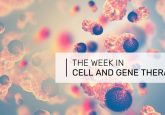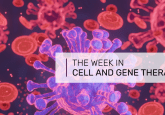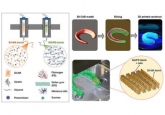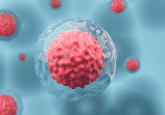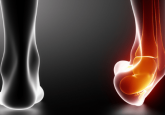Top 3 grants in regenerative medicine: July 2022
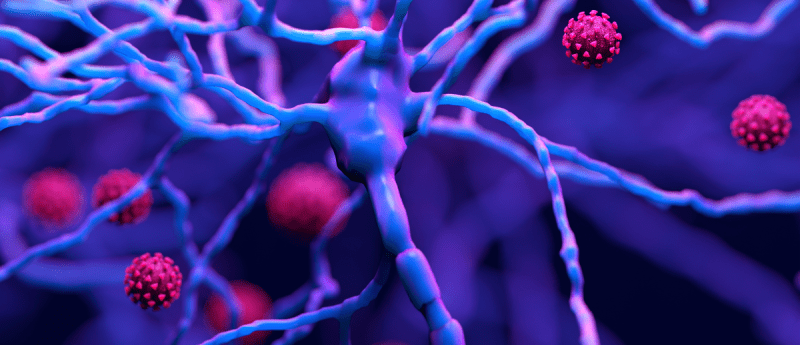
This month’s top grants in regenerative medicine, sourced from Dimensions, includes projects on: the impact of autophagy on lymphocyte stemness; targeted delivery of a proangiogenic and promyogenic protein for regeneration of diabetic ischemic limbs; building and rebuilding brain white matter with endogenous neural stem cells.
Check out this month’s top grants in regenerative medicine:
- Impact of autophagy on lymphocyte stemness
- Targeted delivery of a proangiogenic and promyogenic protein for regeneration of diabetic ischemic limbs
- Building and rebuilding brain white matter with endogenous neural stem cells
Impact of autophagy on lymphocyte stemness
Asymmetric cell division (ACD) produces two daughter cells with different cellular fates, which is an integral part of generating diversity in the T-cell population. Autophagy involves the intracellular degradation of cell cargo and is required for retaining stemness by generating cell memory to pathogens. Both processes are critical for efficient T-cell responses and have been observed to become compromised with age. Therefore, this research will investigate how ACD and autophagy synergistically affect T-cell stemness.
Researchers will utilize proteomics, metabolomics and imaging techniques to examine the impacts of autophagy on ACD. In the longer term, it is hoped that this research may facilitate the development of various therapeutic strategies by elucidating how T-cell stemness is coordinated.
Funding amount: US$399,000
Funding period: 1 July 2022 – 30 June 2026
Funder: Wellcome Trust (WT)
Research organization: University of Oxford, United Kingdom
Targeted delivery of a proangiogenic and promyogenic protein for regeneration of diabetic ischemic limbs
Critical limb ischemia (CLI) significantly increases the risk of limb loss and mortality in diabetic patients and current treatment options are limited. CLI is characterized by extremely low blood perfusion and skeletal muscle degeneration. As such, the limb could be saved through vascular and skeletal muscle regeneration.
The project aims to investigate the effectiveness of a novel engineered TRIM72 (ETRIM72) protein with both pro-angiogenic and pro-myogenic properties to simultaneously regenerate vasculature and skeletal muscles in murine diabetic CLI. The ETRIM72 was developed in a preliminary study by genetically fusing TRIM72 with peptide CSTSMLKAC that targets ischemic environments. It will be encapsulated into ischemic limb-targeting nanoparticles.
The treatment is expected to have longer tissue retention and localized controlled release, improving therapeutic efficacy.
Funding amount: US$557,000
Funding period: 2 May 2022 – 30 April 2022
Funder: National Heart Lung and Blood Institute (NHLBI)
Research organization: Washington University in St. Louis, United States
Building and rebuilding brain white matter with endogenous neural stem cells
White matter damage causes an array of neurological problems, including cognitive, sensory and movement issues. This is due to the death of oligodendrocytes, resulting in myelin loss and disruption of neural transmission. There are currently no effective therapies to promote building and repair of brain white matter and reduce the symptoms that follow injury.
The aim of this study is to investigate how oligodendrocytes are made by resident neural stem cells under optimal conditions during brain development and then attempt to recreate these conditions in the adult injured brain. The potential, therefore, is to replace oligodendrocytes, which have been lost following white matter damage, thereby enabling myelin repair and restoration of normal circuitry. The researchers hope that this project will unveil potential therapeutic strategies for human white matter damage.
Funding amount: US$98,000
Funding period: 1 July 2022 – 30 June 2027
Funder: Canadian Institutes of Health Research (CIHR)
Research organization: University of British Columbia, Canada
Brought to you with support from:

